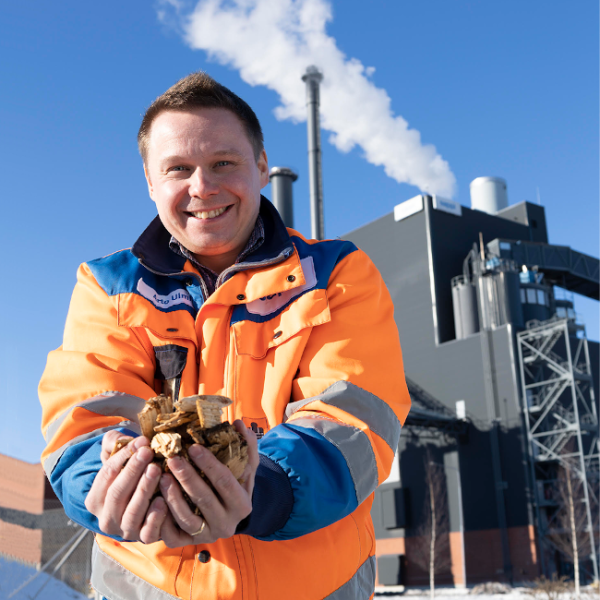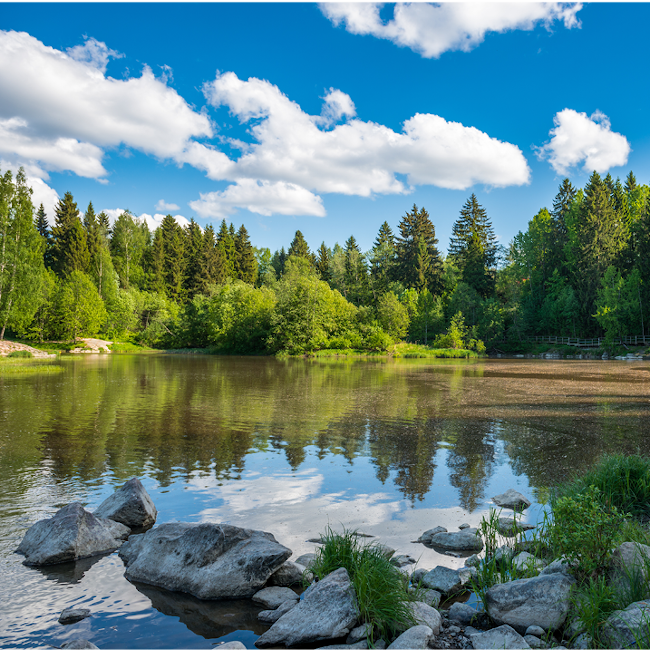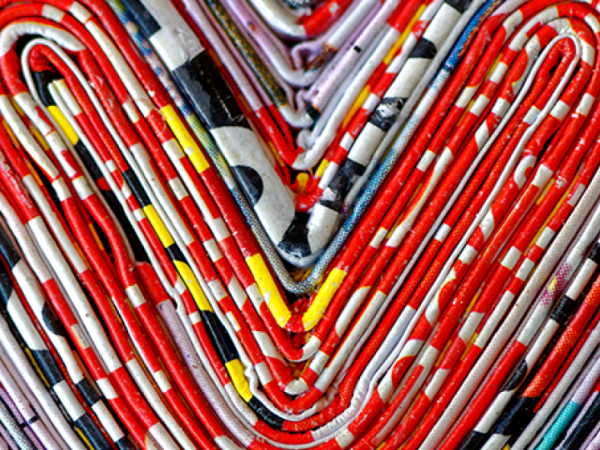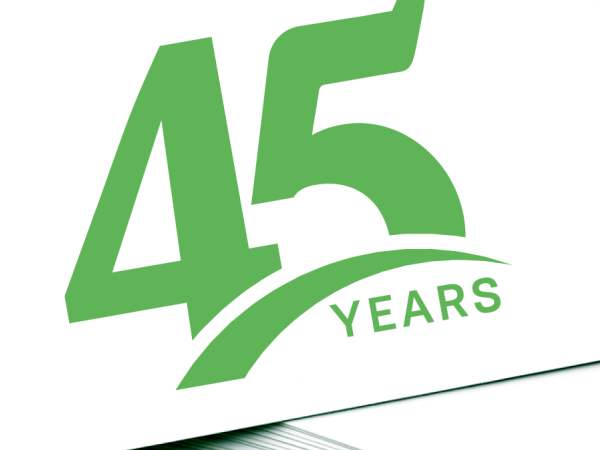Why sustainability remains key to our industry in 2024 – the Sappi perspective
How to shape a “bold, cohesive response” to global challenges – unearthing the key takeaways from Sappi’s latest Sustainability Report

In August last year, the new biofuel facilities at Sappi’s Kirkniemi Mill in Finland began operating. Powered by renewable energy, the state-of-the-art equipment reduces direct fossil-fuel greenhouse gas emissions from the mill by 90%, amounting to a saving of 230,000 tons of carbon dioxide every year.
This is just one of numerous projects that demonstrate Sappi’s commitment to the environment and sustainability, and is featured in the recently released 2023 Group Sustainability Report, which outlines Sappi’s determination to “shape a bold, cohesive response” to global challenges. This response includes a focus on business growth and operational excellence, as well as promoting sustainable livelihoods within communities. Remaining central to all this are the United Nations Sustainable Development Goals (SDGs). Sappi has prioritised seven SDGs on which to concentrate its efforts and measure its performance.
The Sustainability Report details how, in 2023, Sappi Europe met most of its key performance indicators on route to hitting its 2025 targets – increasing its share of renewable and clean energy by 11%, decreasing specific GHG (Scope 1 and 2) emissions by 25%, and maintaining its share of certified fibres above a level of 78%.
Key takeaways
1. Decarbonisation
One of Sappi’s central sustainability commitments is to decarbonisation – reducing the use of fossil fuels in order to lower greenhouse gas emissions. The Sustainability Report notes that, as well as the inauguration of Kirkniemi Mill’s biofuel facilities, Sappi Europe continued the transition towards using a greater proportion of renewable energy at its Gratkorn Mill in Austria.
The share of renewable energy used there rose from 41% in 2022 to 56% in 2023, and will further grow as additional projects to increase the mill’s capacity to handle biomass come online.
Sappi Europe also launched a study that will help inform future decarbonisation opportunities for the mills at Alfeld, Condino and Ehingen.
2. The circular economy
Working towards a bio-based circular economy that minimises waste means using resources efficiently and reducing waste throughout a product’s manufacture and end-of-life-recycling. Our Carmignano Mill in Italy made progress here by having its sludge recognised as suitable for manufacturing products. A by-product of the water-treatment process, the sludge is now being used by a Hungarian company as filler for sustainable insulation panels.
3. Biodiversity
Another strategic Sappi priority is the promotion of biodiversity and ensuring that ecosystems remain robust and healthy. As well as enhancing conservation areas within its own lands and neighbouring areas across South Africa, in Europe Sappi participates in programmes such as Lohikalat Karjaanjokeen (‘salmons to Lake Lohjanjärvi’) in Finland. This is working to restore fish stocks and mussel numbers in the Mustionjoki River, a river within the watershed that provides water to Sappi’s flagship Kirkniemi Mill.

4. Forest stewardship
A key component to sustainability is forest stewardship. For Sappi, this starts by ensuring that its own plantations in South Africa are sustainably managed. It’s also important that Sappi ensures its supply chains are deforestation-free, with Sappi mills being both FSC™ (FSC N003159) and PEFC (PEFC/01-44-43) certified.
In June last year, the European Union’s Deforestation Regulation (EUDR) came into effect. Its zero-deforestation target is one that Sappi Europe is already aligned with, and the company is working with the Confederation of European Paper Industries (CEPI) and partners to find a common path towards delivering the administrative requirements of the new regulation.
Across no fewer than 185 pages, the 2023 Sappi Group Sustainability Report makes clear the company’s commitment to unlocking the power of renewable resources to meet the needs of planet and people – while seeding prosperity for all.


